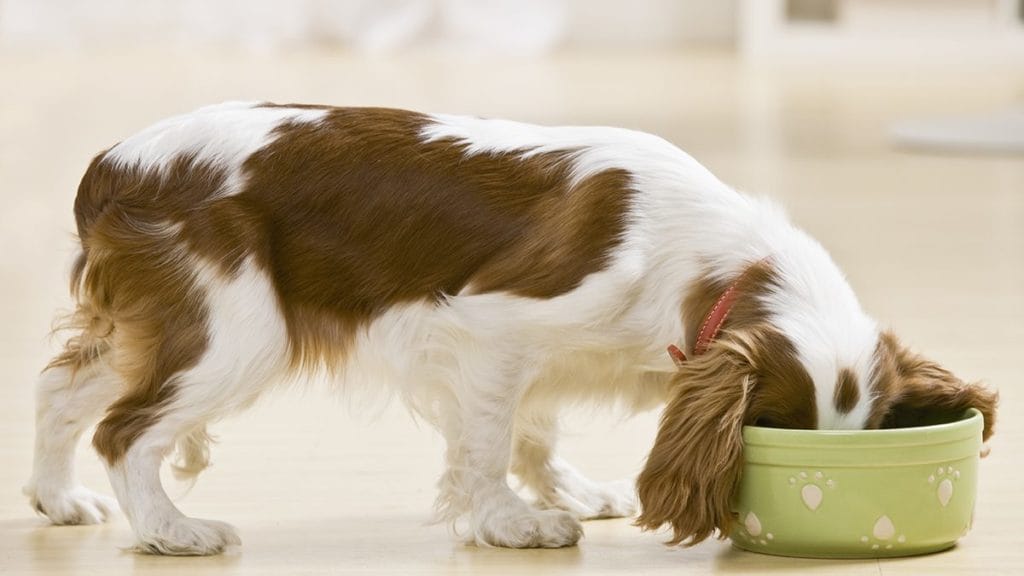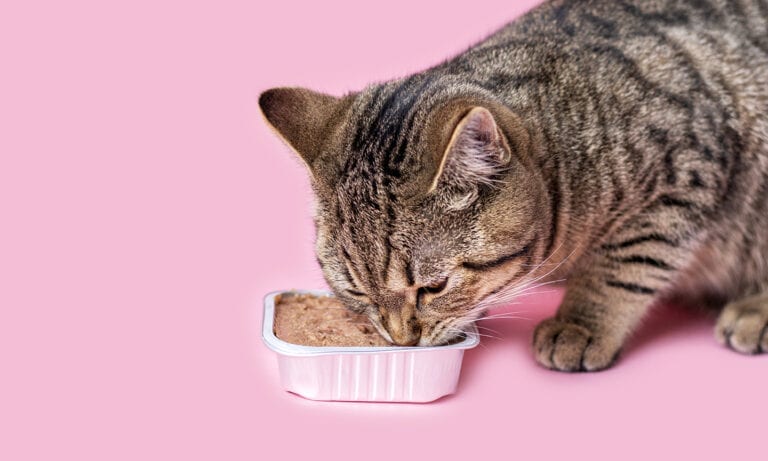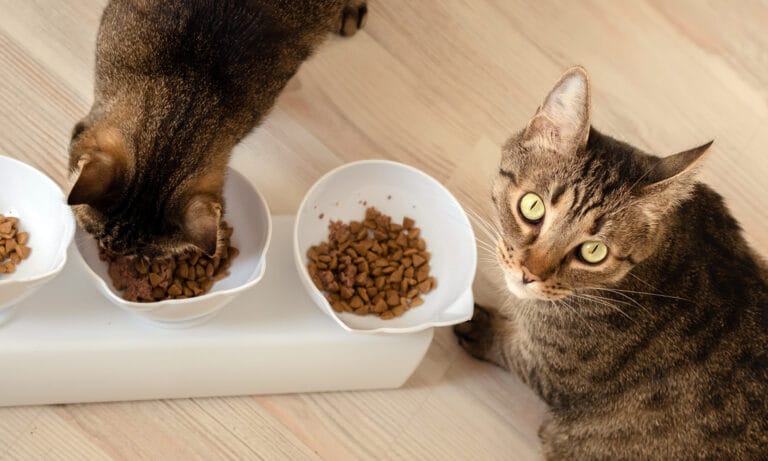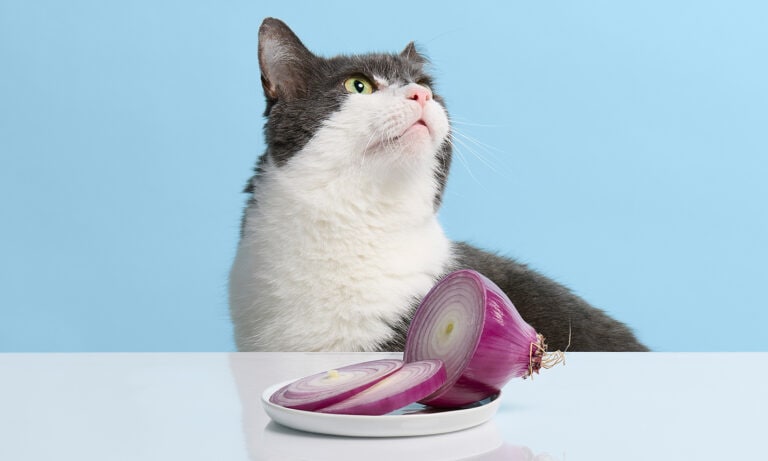If your pet has been experiencing some less-than-desirable symptoms, a special diet may be just what he needs. Things like regular stomach upset, rashes and even ear inflammation can signal an allergy or intolerance to some common cat and dog food ingredients. If you’re not sure if your pet could benefit from a special diet, here are three common reasons why you should alter the food you feed your furry friend.
1. Is Your Pet Gassy?
Supporters of grain-free pet diets often talk about the way our pets’ ancestors ate in the wild. Your carnivorous dog’s and cat’s predecessors would have sought out plenty of protein as they hunted for food. And today’s pet foods often contain a lot of carb-filled grains— such as corn, barley, wheat and rice. It may be worth discussing a grain-free diet with your veterinarian if you suspect your pet has an intolerance to grains. Common signs can include an upset stomach and too much gas. When shopping for a grain-free dog food and cat food, make sure to review the ingredients and protein-to-carbohydrate breakdown so you know exactly what you’re feeding your pet (some grain-free foods use high-carb vegetables to replace the grains instead of protein). Your vet will tell you exactly what the food makeup should look like for your cat or dog, as some breeds actually do well with some carbs. If you’re looking to make the switch, consider trying one of these grain-free options:
- Wellness CORE Grain-Free Indoor Formula Dry Cat Food
- Nature’s Variety Instinct Grain-Free Rabbit Formula Canned Cat Food
- Go! Fit + Free Grain-Free Chicken, Turkey & Trout Recipe Adult Dry Dog Food
- Blue Buffalo Wilderness Chicken Recipe Grain-Free Dry Dog Food
2. Are Rashes and Stomach Upset a Regular Thing?
While some animals struggle with food intolerance, food allergies are generally more severe. Signs that your furry friend is suffering from a food allergy include extreme itching, chronic gas, chronic diarrhea, rashes or even ear inflammation and infections. If you suspect your pet has a food allergy, make an appointment with your vet. She may have you try an elimination diet to determine the offending food(s). If necessary, your vet may offer a prescription for a special food for pets with strong sensitivities or suggest a limited ingredient diet. Ask your vet about trying one of these options:
- Royal Canin Veterinary Diet Selected Protein Adult PR Dry Cat Food (requires prescription)
- Royal Canin Veterinary Diet Hydrolyzed Protein Small Dog Dry Dog Food (requires prescription)
- Royal Canin Veterinary Diet Selected Protein Adult PD Dry Dog Food (requires prescription)
- Natural Balance L.I.D. Limited Ingredient Diets Green Pea & Duck Formula Dry Cat Food
- Natural Balance L.I.D. Limited Ingredient Diets Duck & Green Pea Formula Canned Cat Food
- Natural Balance L.I.D. Limited Ingredient Diets Sweet Potato & Venison Formula Dry Dog Food
3. Is Your Pet Entering His Senior Years?
As your best pal ages, his activity level decreases, so foods with too many calories can contribute to weight increases and even obesity. Many older pets also require ingredients that are easier to digest. Special senior diet formulas for dogs and cats help address the changing nutritional needs of aging pets. Dogs enter the senior life stage at around half of their lifespan. For a larger pup, that’s generally around age six. For a smaller dog, it may be closer to eight. Cats generally enter their senior years around age seven to ten, although it can vary for each cat. Your veterinarian can help you determine which senior foods are best suited for your pet’s specific breed and health needs. If you want to update your pet’s food to complement his body’s aging needs, consider trying one of the below options:
- Blue Buffalo Life Protection Formula Senior Chicken & Brown Rice Recipe Dry Dog Food
- Merrick Real Chicken & Sweet Potato Recipe Grain Free Senior Dry Dog Food
- Nutro Senior Soft Loaf Chicken Recipe Canned Cat Food
- Iams ProActive Health Lively Senior Dry Cat Food
Share:









